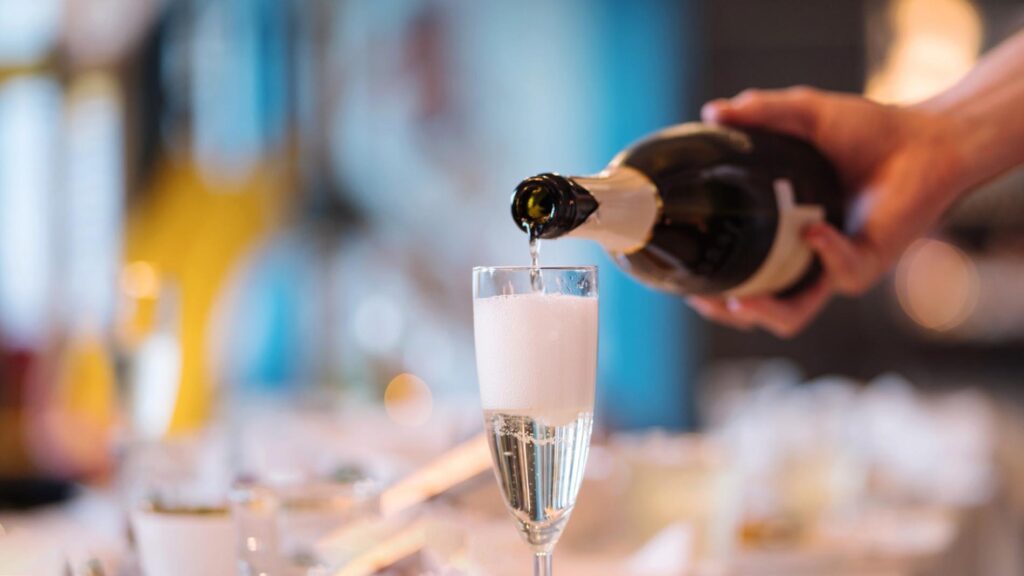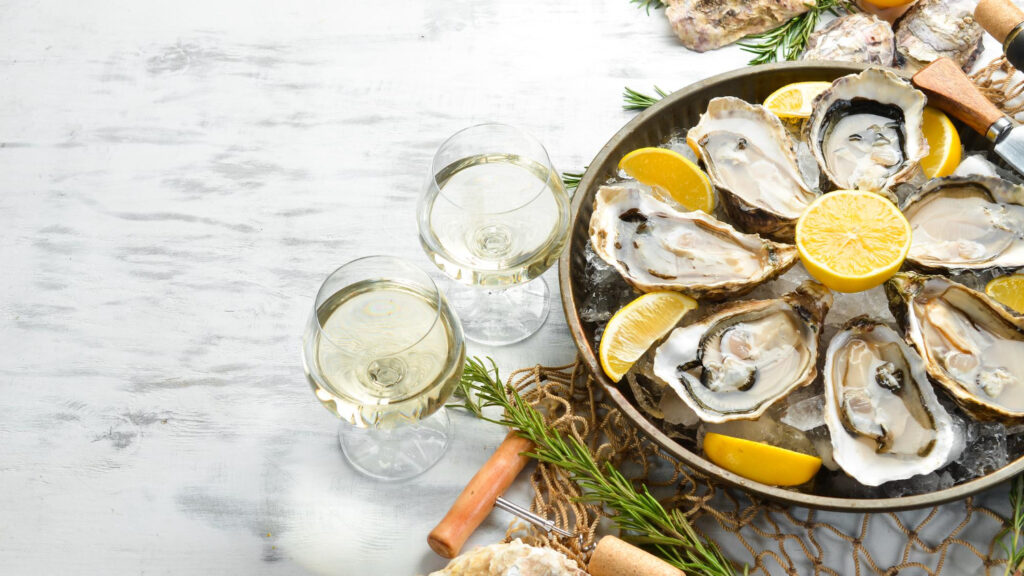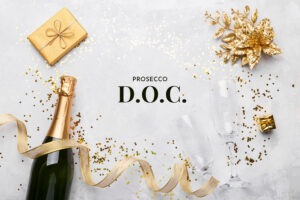Since 2019 sales have boomed: the Japanese love Prosecco
Would you ever have imagined that Japanese imports of prosecco would exceed the world average by as much as 25%? But that is exactly the case, and the Japanese are known to prefer only high-quality wines. Its success has been made possible thanks to the profuse, hard work of the Consorzio per la Tutela del Prosecco DOC (the Consortium for the Protection of Prosecco DOC), which in 2017 set up an organisation to promote prosecco in the country of the rising sun: a country where the imports of prosecco over recent years have grown significantly and promise to guarantee yet further satisfaction to local prosecco producers in the years to come.
Whilst sushi has become a hit in Italy, the Japanese have discovered Prosecco
The Japanese culture is well-known to be steeped in history and tradition, and the great economic boom, which ran from the 1980s through the 1990s, brought about the international diffusion of Japanese products and “fashions”. Sushi is perhaps the most famous, becoming a worldwide phenomenon, and in 2021 it became the top choice for food deliveries in Italy. On the down side, Japan has also been subject to a strong process of westernization, with western customs and habits starting to become part of everyday life in the local population. Although not accustomed to drinking wine, its consumption has become increasingly commonplace, becoming a staple alongside their own tradition alcoholic beverages such as sakè. Once limited to special occasions and celebrations, wine – prosecco in particular – has entered the everyday life of many Japanese people, confirming its reputation as a luxury product.
Prosecco: the perfect accompaniment to Japanese cuisine
The Japanese continent is also discovering increasingly more harmonic combinations between Veneto-Friulano wines and the local Japanese food culture. In fact, the fresh and delicate taste of Prosecco DOC together with its moderate alcohol content and effervescence make it extraordinarily versatile for the accompaniment of Japanese cuisine, such as sushi and sashimi as well as Washoku in general – the traditional dietary culture in Japan which shares many common features with traditional Italian cooking.








